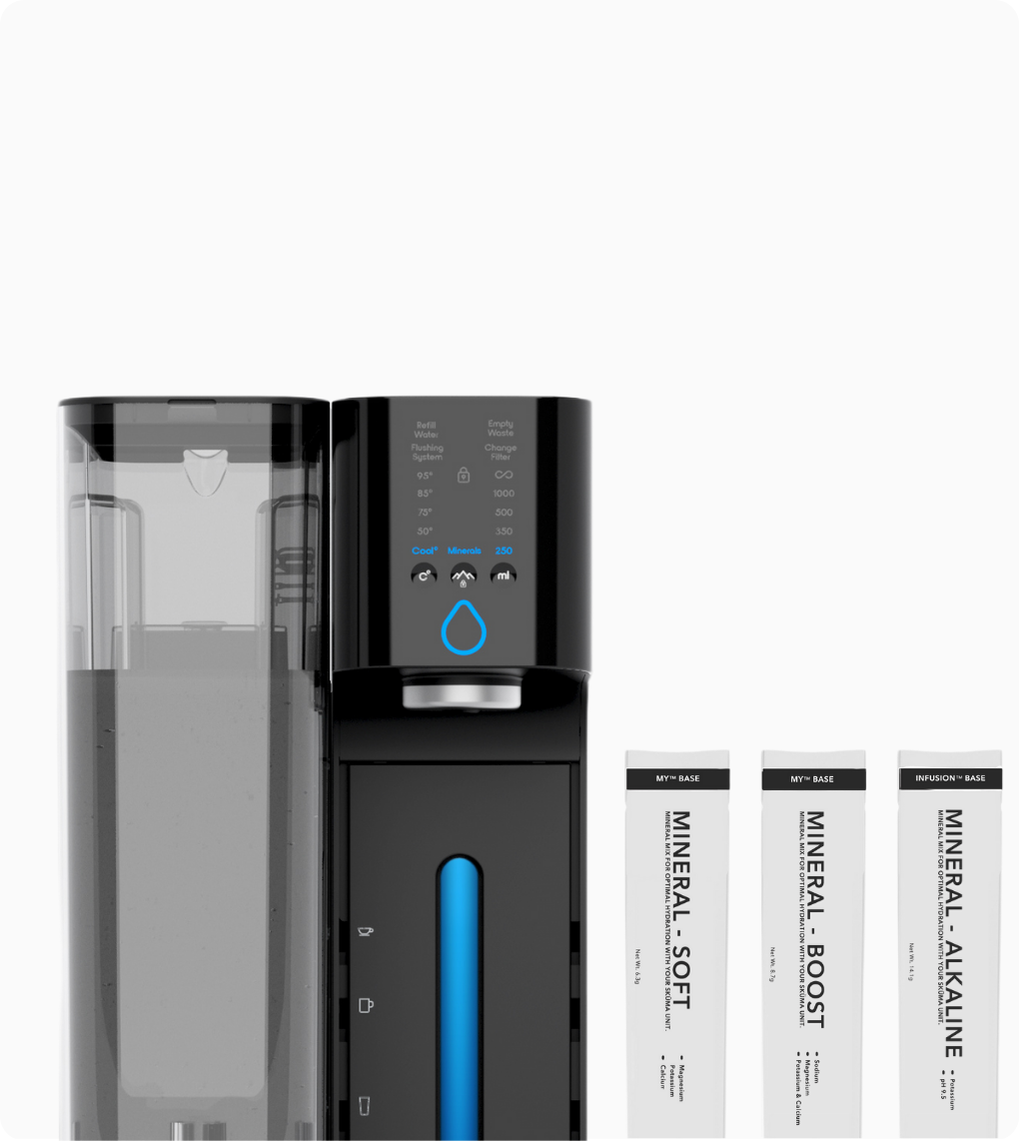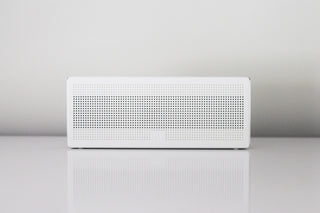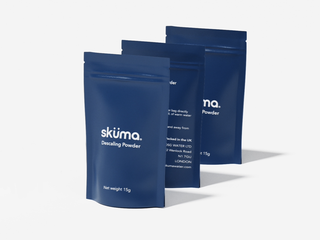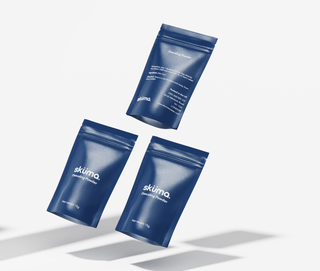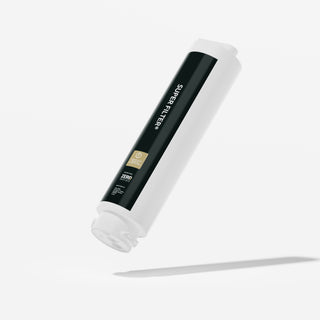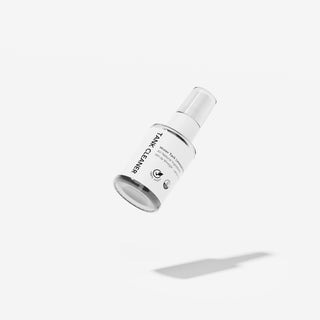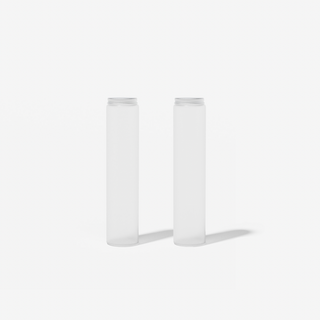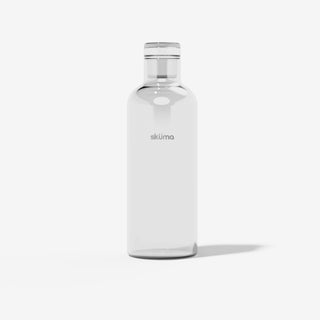Air conditioners are a staple in many homes and workplaces, offering a way to keep indoor environments cool and comfortable. But it's important to understand how they can impact our hydration levels. While they make our surroundings more bearable during hot weather, air conditioners may inadvertently affect our health by influencing our body's water balance.
Water isn't just for quenching thirst—it's a critical component of our bodies and plays a key role in our overall health. It's essential for digestion, absorption of nutrients, circulation, and maintaining body temperature. If our water intake doesn't match our output, we risk becoming dehydrated, which can interfere with these vital functions.
The Health Impact of Dehydration

Dehydration can happen when you lose more fluid than you drink. Symptoms can range from mild, like thirst and dry mouth, to severe, like dizziness, rapid heartbeat, and even delirium. Long-term or chronic dehydration can lead to more serious health problems, such as kidney stones and high blood pressure.
Air Conditioners and Dehydration

How Air Conditioners Affect Humidity Levels
Air conditioners operate through a mechanism that not only cools the air but also reduces its humidity level. This mechanism involves the condensation of air, which results in the extraction of moisture. As a result, air conditioners effectively lower the relative humidity of the air in our surrounding environment. The drier air can increase the rate of evaporation of moisture from our skin and respiratory system, causing our bodies to lose water more quickly. This, in turn, can lead to dehydration if not properly managed.
Air Conditioners and Our Sense of Thirst
In normal circumstances, our bodies have a finely tuned system for maintaining water balance. As we lose water through sweating and breathing, our bodies typically respond by creating a sense of thirst, prompting us to drink more water. However, air conditioners can disrupt this balance.
The cool environment provided by air conditioners reduces our body's natural cooling mechanism - sweating. Less sweating can result in a decreased perception of thirst. This, coupled with the increased water loss due to the dry air, can lead to an increased risk of dehydration. Essentially, our bodies might not feel thirsty, even though they need hydration.
Staying Hydrated in an Air Conditioned Environment

Air conditioners are often necessary, especially in hot climates. But it's important to take steps to stay hydrated when using them.
One of the easiest ways to maintain hydration is, obviously, to drink water on a regular basis. Even if you don't feel thirsty, it's a good idea to keep a water bottle nearby and take regular sips throughout the day. Some apps can serve as periodic reminders to help you make sure you’re drinking steadily throughout your day.
But maintaining hydration in an air-conditioned environment is not only about increasing water intake. It also involves adjusting your environment and habits to reduce water loss and enhance your body's hydration status.
Adjusting the Air Conditionner’s Settings
Use the 'fan-only' mode: Many air conditioners come with a 'fan-only' mode. This function circulates air without cooling it, which helps to maintain the existing humidity levels.
Set a higher temperature: The colder the air, the less moisture it can hold, and thus the more it will contribute to dehumidification. Setting your air conditioner to a higher temperature can reduce the amount of moisture it removes from the air.
Regular short cycles: Instead of keeping the air conditioner on continuously, consider running it in short bursts or turning it off at night if opening windows is a possibility. This can help maintain a balance between temperature and humidity.
Eating Water-Rich Foods

While drinking water is the most direct way to stay hydrated, don't overlook the role of hydrating foods and beverages. Fruits and vegetables like cucumbers, watermelons, and oranges have high water content and can help replenish body fluids. Herbal teas and infusions can also be hydrating and can be more appealing if you're not inclined to drink plain water.
Using Humidifiers

You may want to consider using a humidifier alongside your air conditioner to help maintain a comfortable humidity level in your space. These devices prevent the air from becoming overly dry by counteracting the dehumidifying effect of the air conditioner, thus helping maintain your hydration levels.
Conclusion
While air conditioners provide much-needed relief from hot weather, they can have an unintended impact on our hydration levels. Dehydration occurs when our water output exceeds our intake, and air conditioners can contribute to this by lowering the humidity levels and reducing our body's natural cooling mechanisms, such as sweating and thirst perception.
To stay hydrated in an air-conditioned environment, it's important to take proactive measures. Adjusting the air conditioner's settings, such as using the 'fan-only' mode or setting a higher temperature, can help maintain the existing humidity levels and reduce the dehumidifying effect. Additionally, incorporating hydrating foods and beverages into your diet, using humidifiers to counteract dry air, and taking regular breaks from the air-conditioned environment can all contribute to maintaining proper hydration.
At Sküma®, we are well aware of the importance of maintaining proper hydration levels, especially during hot summer days where interiors are often cooled down using air conditioners. That’s why our Sküma® System, which uses reverse osmosis to purify water and adds your infusion of choice, is the best way to make sure you keep your electrolytes replenished when you are relying on them the most.


